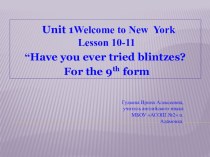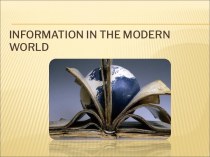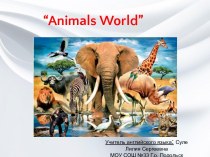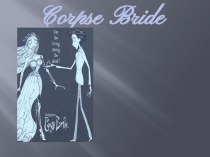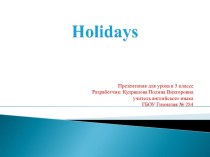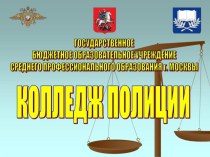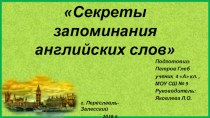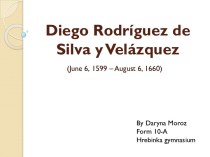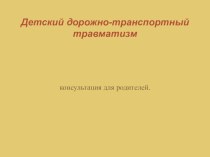- Главная
- Разное
- Бизнес и предпринимательство
- Образование
- Развлечения
- Государство
- Спорт
- Графика
- Культурология
- Еда и кулинария
- Лингвистика
- Религиоведение
- Черчение
- Физкультура
- ИЗО
- Психология
- Социология
- Английский язык
- Астрономия
- Алгебра
- Биология
- География
- Геометрия
- Детские презентации
- Информатика
- История
- Литература
- Маркетинг
- Математика
- Медицина
- Менеджмент
- Музыка
- МХК
- Немецкий язык
- ОБЖ
- Обществознание
- Окружающий мир
- Педагогика
- Русский язык
- Технология
- Физика
- Философия
- Химия
- Шаблоны, картинки для презентаций
- Экология
- Экономика
- Юриспруденция
Что такое findslide.org?
FindSlide.org - это сайт презентаций, докладов, шаблонов в формате PowerPoint.
Обратная связь
Email: Нажмите что бы посмотреть
Презентация на тему Robert Lowell
Содержание
- 2. Robert Traill Spence Lowell IV (March 1,
- 3. Lowell fits the mold of the academic
- 4. James Lowell and Amy Lowell
- 5. Lowell’s early books, Land of Unlikeness (1944)
- 7. Lowell’s next book, The Mills of the
- 8. On a reading tour in the mid-
- 9. “My own poems seemed like prehistoric monsters
- 10. At this point Lowell, like many poets
- 12. Lowell dropped many of his
- 13. Lowell’s transformation, a watershed for poetry after
- 14. Lowell died in 1977, having suffered a heart attack in a cab in New York City
- 16. Скачать презентацию
- 17. Похожие презентации
Robert Traill Spence Lowell IV (March 1, 1917 – September 12, 1977) was an American poet, considered to be one of the founders of the confessional poetry movement. He was appointed the sixth Poet Laureate Consultant







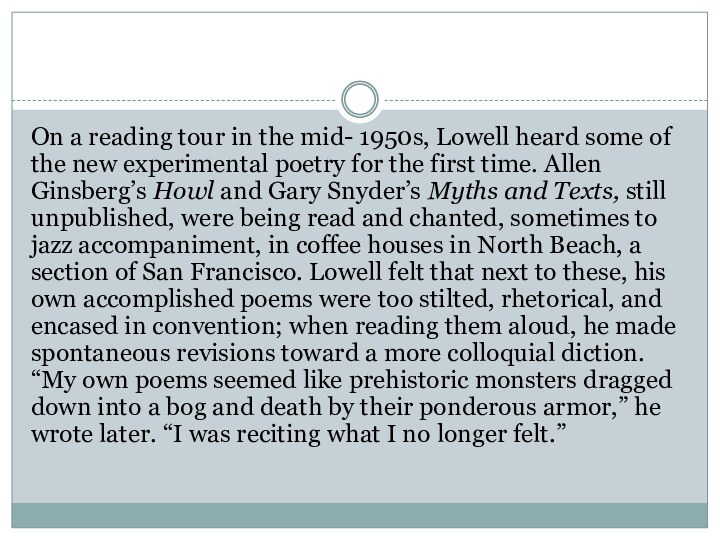








Слайд 3 Lowell fits the mold of the academic writer:
white, male, Protestant by birth, well educated, and linked
with the political and social establishment. He was a descendant of the respected Boston Brahmin family that included the famous 19thcentury poets James Russell Lowell, Amy Lowell.Robert Lowell found an identity outside his elite background, however. He left Harvard to attend Kenyon College in Ohio, where he rejected his Puritan ancestry and converted to Catholicism. Jailed for a year as a conscientious objector in World War II, he later publicly protested the Vietnam conflict.
Слайд 5 Lowell’s early books, Land of Unlikeness (1944) and
Lord Weary’s Castle (1946), which won a Pulitzer Prize,
revealed great control of traditional forms and styles, strong feeling, and an intensely personal yet historical vision. The violence and specificity of the early work is overpowering in poems like “Children of Light” (1946), a harsh condemnation of the Puritans who killed Indians and whose descendants burned surplus grain instead of shipping it to hungry people. Lowell writes: “Our fathers wrung their bread from stocks and stones /And fenced their gardens with the Redman’s bones.”Слайд 7 Lowell’s next book, The Mills of the Kavanaughs
(1951), contains moving dramatic monologues in which members of
his family reveal their tenderness and failings. As always, his style mixes the human with the majestic. Often he uses traditional rhyme, but his colloquialism disguises it until it seems like back-ground melody. It was experimental poetry, however, that gave Lowell his breakthrough into a creative individual idiom.Слайд 8 On a reading tour in the mid- 1950s,
Lowell heard some of the new experimental poetry for
the first time. Allen Ginsberg’s Howl and Gary Snyder’s Myths and Texts, still unpublished, were being read and chanted, sometimes to jazz accompaniment, in coffee houses in North Beach, a section of San Francisco. Lowell felt that next to these, his own accomplished poems were too stilted, rhetorical, and encased in convention; when reading them aloud, he made spontaneous revisions toward a more colloquial diction. “My own poems seemed like prehistoric monsters dragged down into a bog and death by their ponderous armor,” he wrote later. “I was reciting what I no longer felt.”Слайд 9 “My own poems seemed like prehistoric monsters dragged
down into a bog and death by their ponderous
armor,” he wrote later. “I was reciting what I no longer felt.”Слайд 10 At this point Lowell, like many poets after
him, accepted the challenge of learning from the rival
tradition in America — the school of William Carlos Williams. “It's as if no poet except Williams had really seen America or heard its language,” Lowell wrote in 1962. Henceforth, Lowell changed his writing drastically, using the “quick changes of tone, atmosphere, and speed” that Lowell most appreciated in Williams.Слайд 12 Lowell dropped many of his obscure
allusions; his rhymes became integral to the experience within
the poem instead of superimposed on it. The stanzaic structure, too, collapsed; new improvisational forms arose. In Life Studies (1959), he initiated confessional poetry, a new mode in which he bared his most tormenting personal problems with great honesty and intensity.In essence, he not only discovered his individuality but celebrated it in its most difficult and private manifestations. He transformed himself into a contemporary, at home with the self, the fragmentary, and the form as process.




